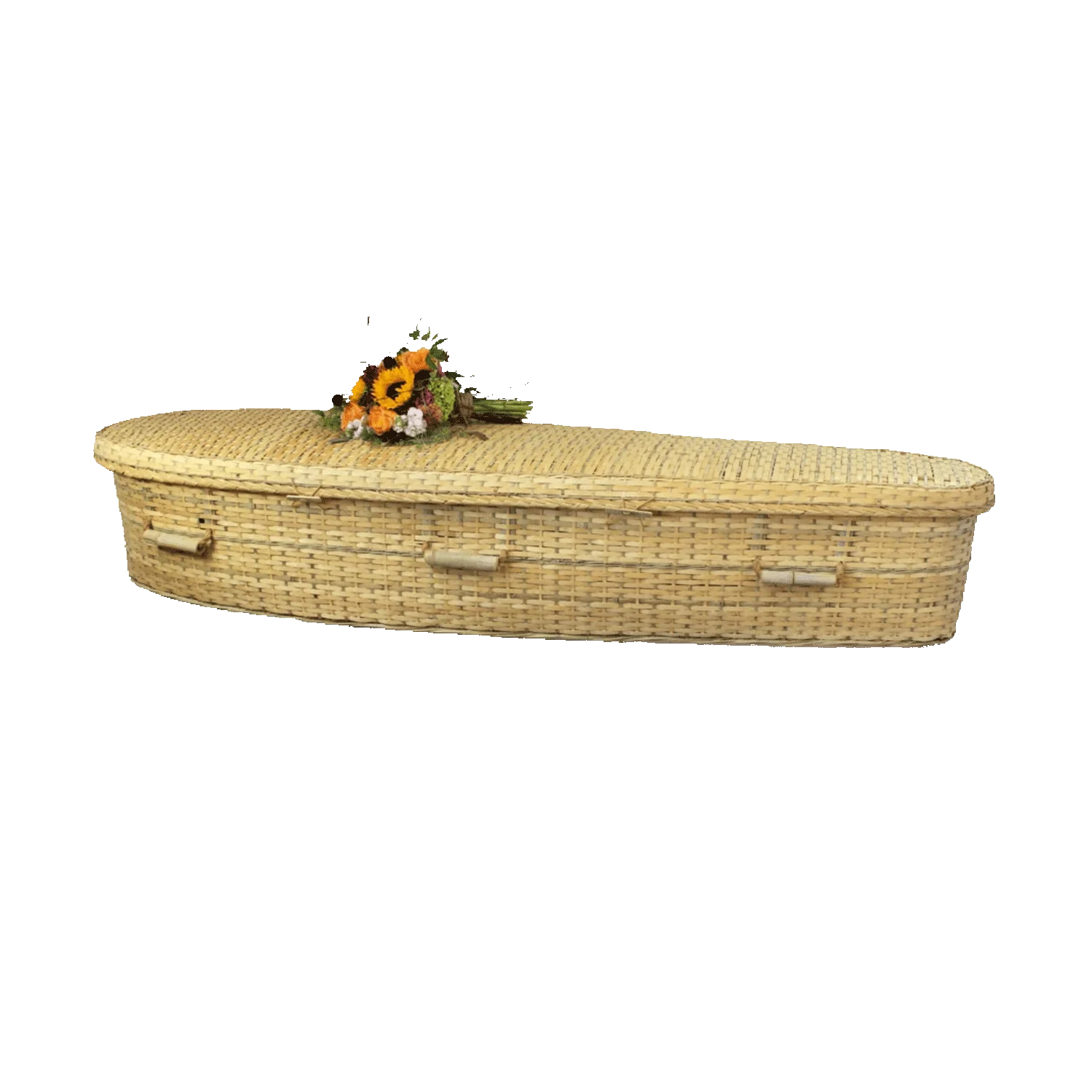The choice between cremation and burial is a decision that many individuals and their families confront when planning end-of-life arrangements. Each option comes with its own set of practical considerations, and in this blog post, we will explore the practicality of cremation as compared to traditional burial.
Cremation: A Practical Alternative
Cremation, the process of reducing a body to ashes through intense heat, has been gaining popularity in recent years for a variety of practical reasons.
1. Cost-Effective: One of the most significant practical advantages of cremation is its affordability. Traditional burials often involve costs related to embalming, caskets, and cemetery plots, which can add up quickly. Cremation, on the other hand, is usually a more budget-friendly option.
2. Space Efficiency: Cemeteries require land and space, and as urban areas grow, the available space for traditional burials becomes scarcer. Cremation allows for a more space-efficient solution, as urns take up significantly less space compared to full caskets.
3. Versatility in Memorialization: Cremation offers various options for memorialization. Families can choose to scatter ashes in meaningful locations, create personalized urns, or even have a small portion of ashes incorporated into keepsakes or jewelry. This flexibility enables a more personalized and meaningful way to remember the departed.
4. Environmental Considerations: Cremation is often considered to be more environmentally friendly than traditional burial, especially when embalming fluids and non-biodegradable caskets are taken into account. Green burials and eco-friendly cremation options can further reduce the environmental impact.
5. Practical Timing: Cremation offers flexibility in terms of timing. Families can choose to hold a memorial service or celebration of life at a time that works best for them, without the need to rush the process.
Traditional Burial: Honoring Tradition and Belief
Despite the practical advantages of cremation, traditional burial remains a popular choice for many, often driven by cultural, religious, or personal beliefs. Here are some practical aspects to consider when opting for traditional burial:
1. Memorialization: Gravesites provide a physical place for family and friends to visit, offering a sense of permanence and connection with the departed. Memorials at graves can be an essential aspect of the grieving process.
2. Customization: Traditional burials allow for a variety of customization options, from selecting caskets and headstones to designing the layout of the gravesite. This level of personalization can be comforting for the family and create a lasting tribute.
3. Cultural and Religious Observance: Many cultures and religious traditions have specific customs associated with burial. In such cases, adhering to these practices is a priority, even if it may involve higher costs and more significant use of land.
4. Legacy and Heirlooms: Some families view burial plots as a form of inheritance or legacy. Owning a gravesite can offer a sense of continuity and connection to past and future generations.
Practicality, Personal Choice, and Planning
The decision between cremation and traditional burial ultimately depends on individual preferences, cultural and religious beliefs, practical considerations, and budget constraints. It's important to discuss these choices with family members and loved ones to ensure that the final arrangements align with the deceased's wishes and provide comfort to those left behind.
In conclusion, both cremation and traditional burial have their own practical merits and considerations. Cremation is often valued for its cost-effectiveness, space efficiency, and environmental benefits. Traditional burial offers the enduring comfort of a physical gravesite and the opportunity for personalization. The choice should reflect the individual's values and the family's practical needs while paying tribute to the memory of the departed in the most fitting way.





